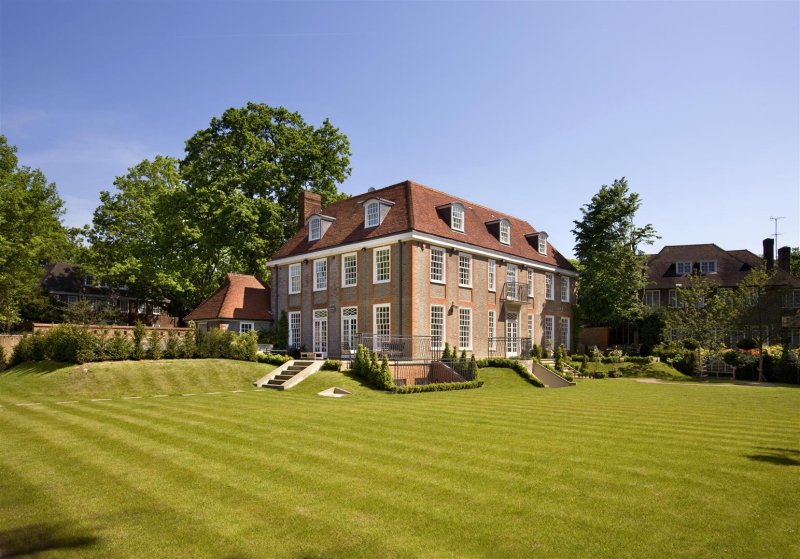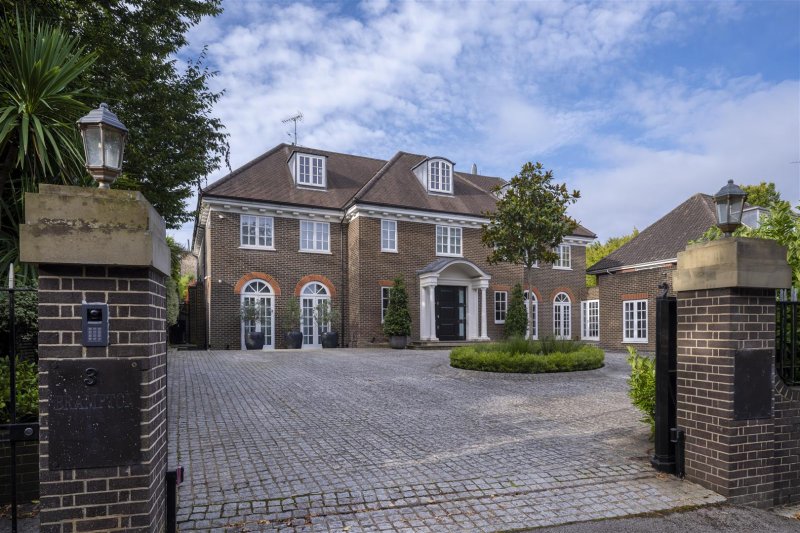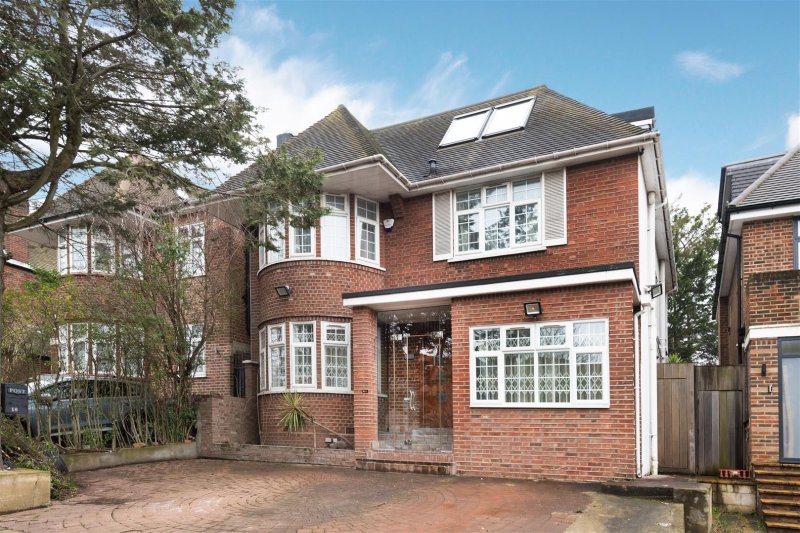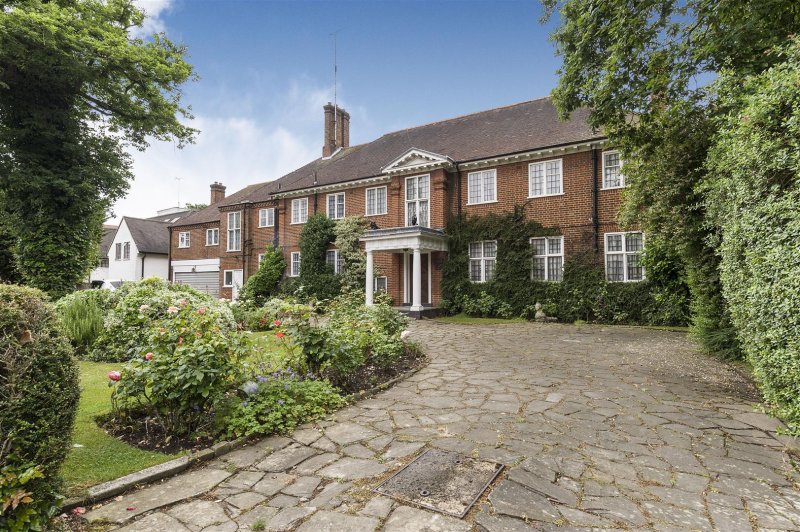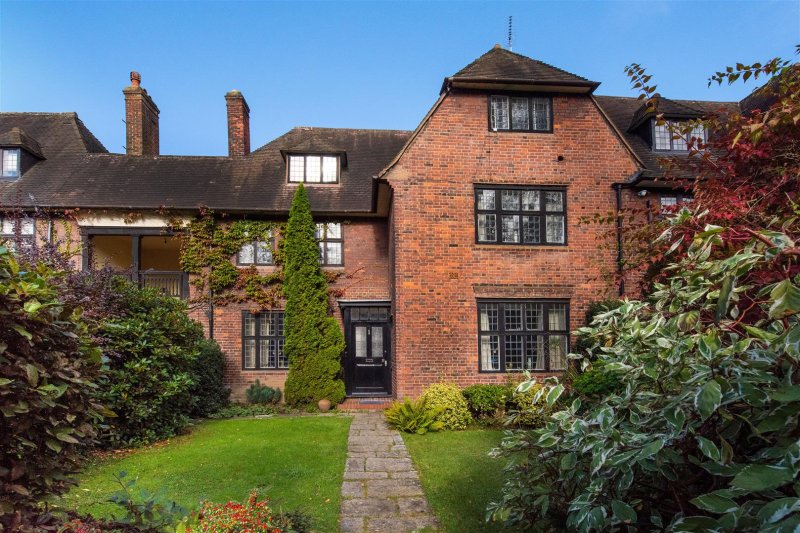
In North London’s luxury property market, one question we often hear from our clients is: “Should I choose Highgate or Hampstead?” It’s a tough decision that reflects the thoughtful approach of today’s property buyers, and one we’ve been helping clients with at Glentree Estates for over 50 years.
Both neighbourhoods are highly regarded in London’s property scene, but each offers unique benefits for those seeking luxury living. As experienced estate agents specialising in North West London’s top areas, we’ve seen how these two locations have changed over time and, more importantly, which one might be the best fit for your lifestyle.
The Hampstead Advantage : Where History Meets Modern Living
Hampstead is well-known for its rich history of intellectual and creative achievement. This NW3 area has long been home to some of the brightest minds. When we show clients around streets like West Heath Road or Cannon Place, we’re not just presenting properties—we’re offering a chance to become part of a community that has attracted famous figures for centuries.
From our experience selling properties in Hampstead, we’ve noticed that buyers are drawn to the village-like feel, which still offers quick access to central London.
Hampstead’s close proximity to Hampstead Heath, one of the city’s largest green spaces, gives the area a peaceful, almost countryside vibe. Properties for sale in Hampstead Garden Suburb, especially those along Bishops Avenue, represent some of the most significant real estate investments in the capital. Buyers here aren’t just looking for space—they’re investing in a lifestyle that combines city sophistication with natural calm. The stunning views across the Heath, the area’s architectural charm, and the strong community connections make Hampstead a location that attracts long-term wealth.
Highgate : The Elegant Alternative
Highgate offers a different but equally attractive option. This N6 neighbourhood has become a top choice for those who prefer quiet elegance over flashy displays.
Highgate’s location offers some unique advantages that we always highlight to our clients. Properties in Highgate along Courtenay Avenue or Sheldon Avenue are positioned on higher ground, giving stunning views of London while maintaining a high level of privacy. Buyers, especially those from financial centres, value Highgate for its easy access to the city, while still offering a peaceful retreat from the hustle and bustle of central London.
What truly sets Highgate apart is its architectural charm. The Victorian and Edwardian homes we work with here maintain a level of quality and character that’s becoming harder to find in London’s luxury market.
Explore the best of Highgate and Hampstead with Glentree Estates. Book a viewing.
Making the Choice : Key Considerations for Luxury Buyers
With our years of experience guiding buyers through North London’s luxury market, we’ve identified a few key factors that often help clients decide between Highgate and Hampstead.
- Transport and Accessibility
Both areas have excellent transport options, but each has its own appeal. Hampstead offers quick tube access to the West End and City, while Highgate’s elevated position provides multiple routes, offering more privacy for those who prefer a quieter environment.
- Property Types and Potential
Hampstead features grand period homes and modern developments, perfect for buyers who want luxury right away. Highgate, on the other hand, offers more opportunities for custom renovation, appealing to those who want to create something truly special.
- Community and Culture
Hampstead is home to a well-established international community, which is ideal for buyers who want to integrate quickly. Highgate’s more local atmosphere is perfect for those seeking an authentic London experience.
- Investment Trajectory
Both areas have strong long-term prospects, though they differ in terms of growth timelines and risk levels.
The Glentree Perspective : Beyond the Transaction
What sets us apart is our understanding that choosing between Highgate and Hampstead isn’t just about buying a property—it’s about choosing a lifestyle that will shape your experience of London for years to come. Our deep knowledge of both markets, built from hundreds of successful transactions in postcodes N2, N6, NW3, NW7, and NW11, enables us to offer insights that go beyond market trends.
We’ve found that the most satisfied buyers are those who align their choice with their long-term vision. Whether that’s the vibrant atmosphere of Hampstead or the serene elegance of Highgate, your decision will ultimately reflect your personal priorities.
As the luxury property market in London continues to evolve, both Highgate and Hampstead remain solid investments. The key is to find which neighbourhood best suits your lifestyle goals, investment horizon, and long-term plans for London.
At Glentree Estates, we don’t just sell properties—we help you find your ideal London home. Our expertise in both Highgate and Hampstead ensures you receive a mix of market knowledge and personal guidance to make the right decision.
Ready to explore these exceptional neighbourhoods? Contact our team of luxury property specialists today to arrange private viewings of our current portfolio in both Highgate and Hampstead.
Frequently Asked Questions : Highgate vs Hampstead
Q: Is Hampstead or Highgate better for families?
A: Both are excellent for families. Hampstead offers more international schools, while Highgate provides quieter streets and strong local schools.
Q: Which neighbourhood is more private and secure?
A: Highgate generally offers more privacy due to its elevated position and local character, while Hampstead has more foot traffic but excellent security.
Q: Which area is better for international buyers?
A: Hampstead has a more established international community and global recognition, making it a popular destination for overseas investors.


